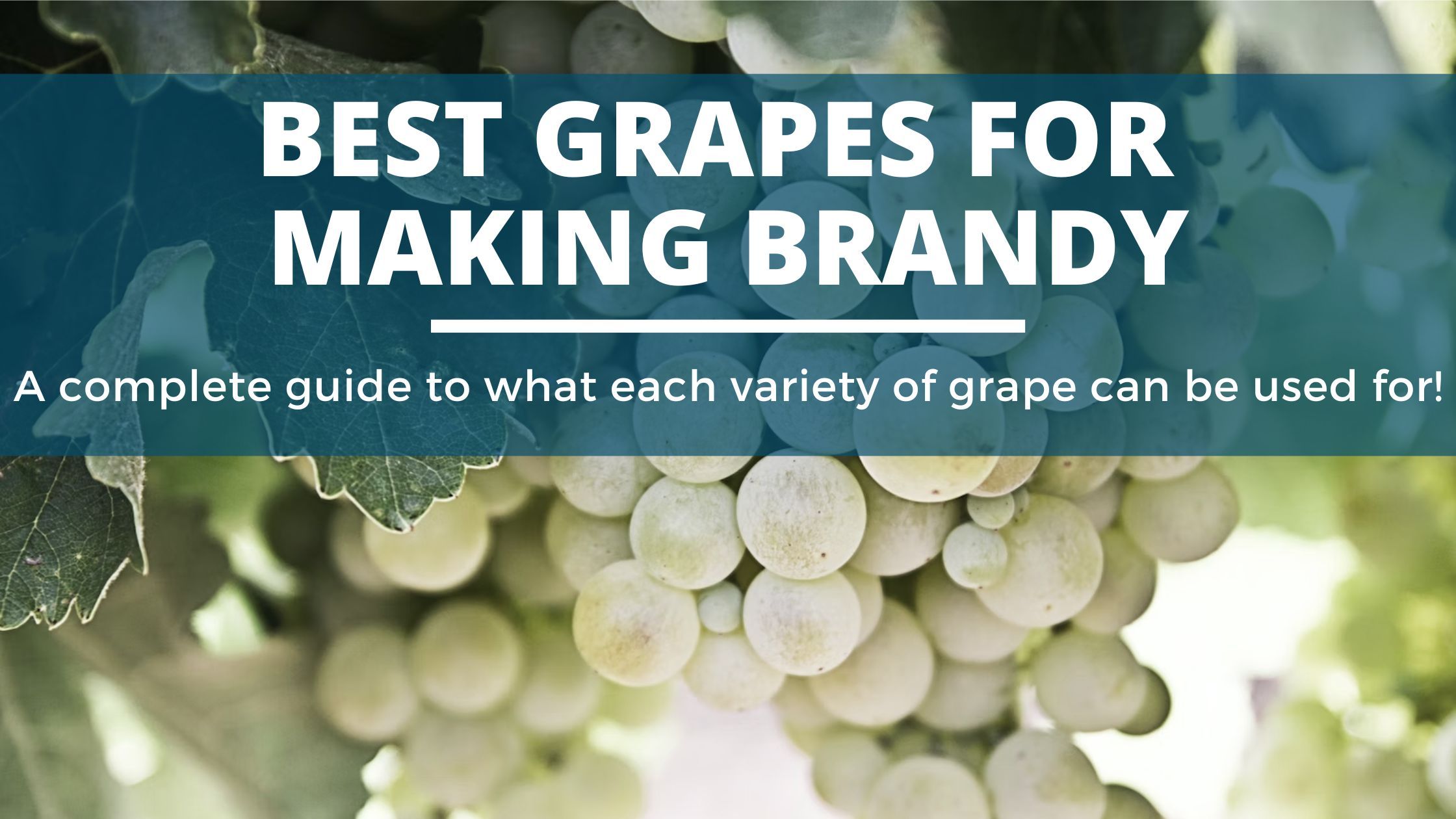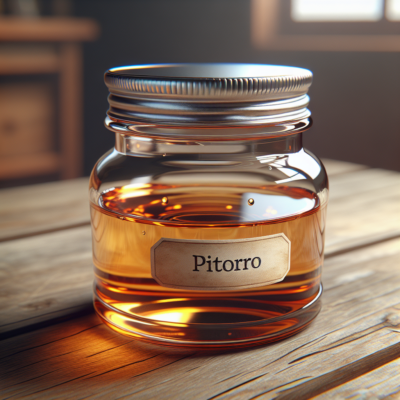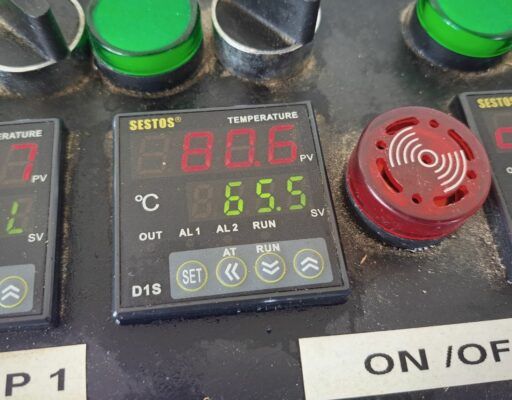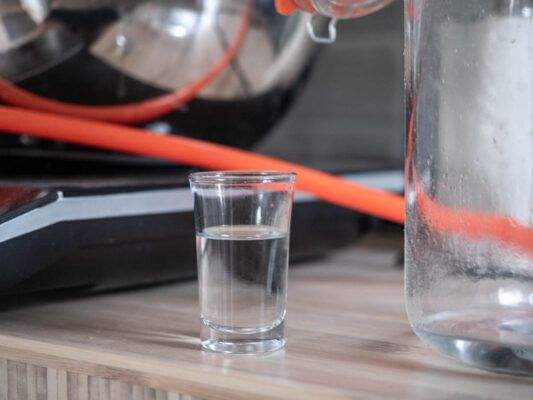Brandy and Schnapps
The Best Grapes For Making Brandy (Read This First!)
There are a lot of varieties of grapes used as a base for brandy. They range from sweet and fruity to soft and floral. Some grapes are sought after because of the caramel notes they impart as the wine matures, adding dimension to the distilled brandy.
This article explores the best varieties and the ones commonly used when making famous brands like Cognac and Armagnac.
Table of Contents
What Are The Best Grapes For Making Brandy?
The best grapes for making brandy are usually those with high acidic and sugar levels. These often include white and red wine grapes. The reason why these are perceived as the best for making brandy is that they speed up the process of fermentation and produce a smoother final product.
For a complete guide on how to make brandy at home, then check out this article.
Table vs. Wine Grapes
Wine grapes are generally smaller than table grapes and are also thick-skinned. The skin is responsible for the deep fruity flavor we find in wine. They are also sweeter compared to table grapes, so this helps maintain the flavor of a full-bodied brandy made from them.
If you want to make a wine-based brandy and all you have is table grapes, feel free to use them. But, you will need to add some sugar to balance out the desired sweetness and kickstart the process of fermentation.
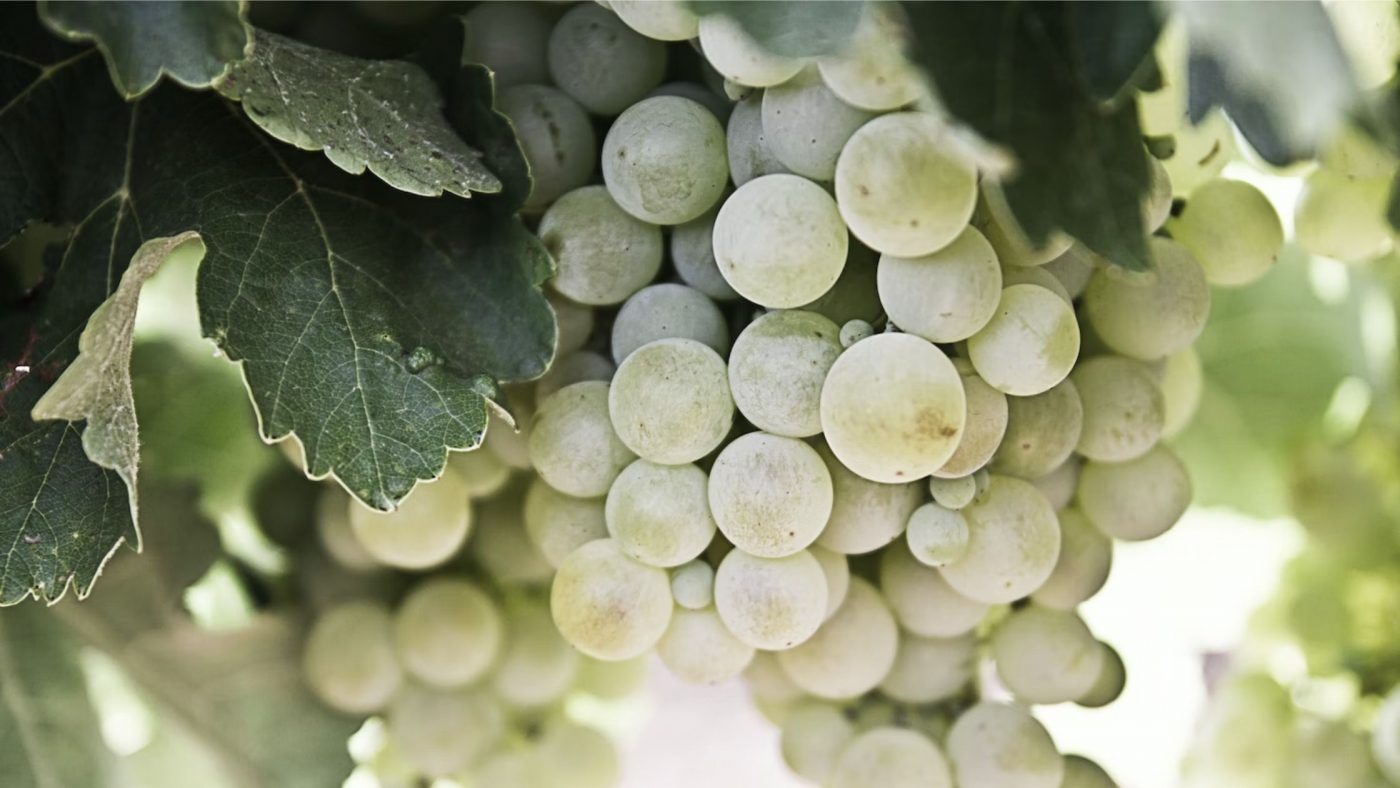
What Are The Most Common Grapes Used For Brandy?
Depending on the brandy you want to make, you’ll have to use particular grapes that’ll produce the taste you’re going for. Of course, you can still achieve desired flavors through aging in barrels. But the kind of grapes you use does determine whether you’re left with a tart, fruity or floral liquor. Here are grapes commonly used for making brandy.
White Grapes
Here’s a list of white grapes that have a track record for quality.
1. Chardonnay Grapes
These grapes come from Burgundy, France. They produce a crisp wine with a lot of tropical fruit flavor. Chardonnay is grown in most areas that produce wine, so it’s easy to get hold of this variety wherever you are in the world.
2. Ugni Blanc Grapes
Grapes used to make cognac are called Ugni Blanc. They are found in the Cognac region of France and are grown in specific climates to produce the desired grapes needed to make the drink. Another reason why these grapes are grown in that specific region is that there are regulations in place governing the production of the drink.
So, Cognac manufactured outside of cognac is not regarded as the true brandy. These grapes often give off fruity flavors and aromas.
3. Folle, Colombard, And Baco Blanc Grapes
Similar to Cognac, Armagnac is also made from Ugni Blanc. The only difference is that Armagnac has three additional grapes added: Folle Blanche, Colombard, and Baco Blanc. The grapes are found in the Armagnac region of France and have a beautiful play of fruity, spicy notes and flavors.
4. Riesling Grapes
Riesling is a type of grape variety grown in Germany. It grows well in cool climates and doesn’t respond well to high temperatures. It has hints of citrus and is often used to manufacture dessert wines.
The wine is matured in stainless steel casks to maintain the floral and citrus aromas found in the liquor. Some parts of the USA and Australia also cultivate this type of grape.
5. Sauvignon Blanc Grapes
This variety is grown in the region of Bordeaux, France. It’s used to make acidic wines and has a grassy lemon flavor. Similar to Chardonnay, it’s grown worldwide and makes a great wine base for brandy.
6. Chennin Blanc Grapes
Chennin blanc grows mainly in France, but there are some parts of the world where you can find these grapes, such as the US and South Africa. These grapes are highly priced for producing a semi-dry wine, with notes of lemon, apple, honey, and cinnamon. These are not commonly used in brandy making as far as we are aware.
7. Muscat Grapes
Muscat was once one of the rarest grapes used to make brandy. It’s commonly grown in Italy but can be found in parts of China, Japan, and the US. It’s often small in size and has fruity apricot and citrus aromas with undertones of rose. It’s commonly used to make Metaxa.
Red Grapes
Here are common red grapes used as a base for brandy making.
1. Cabernet Sauvignon Grapes
This variety produces a deeply colored red wine. It has a lot of tannins, color, and acidity. It’s an offspring of Sauvignon blanc and Cabernet Franc. The variety is grown in Bordeaux, France. But Napa Valley, in California, has also been found to be the best place to produce this variety despite being a warm region. The final product made from this variety has an aroma of blackberry and blackcurrant.
2. Merlot
A bright ruby red Bordeaux grape variety, this fruit is grown in France. Compared to Cabernet Sauvignon, it’s not intensely acidic.
It has flavors of raspberry and cherry, and it’s typically lighter in tannins and sweeter on the palette. When grown in warmer climates like California, the flavor profile intensifies -you might even get woody notes from the grapes. This in turn adds depth to the brandy made from the wine.
3. Pinot Noir
The pinot noir grape is a black grape. It’s grown in Burgundy and is lighter than most red wines, despite its skin color. It gets its translucency from the fact that it’s relatively thin-skinned. The intensity of the flavor is not very robust and gives off flavors of strawberry and cranberry.
Red Vs White Wine Grapes: Which Is Best?
Red wine grapes have high sugar and acid content, but white grapes often have low sugar content. They are similar in that they are from the same family and their chemical makeup is the same. But, most brandy is made using white grapes because they tend to produce a smoother drink and maintain the fruitiness of the grapes.
Also, because white grapes do not have a lot of tannins, they produce a drink that’s enjoyable both aged and unaged.
Frequently Asked Questions
Q. Which Grapes Are Used To Make Cognac?
Cognac is a category of brandy made in Cognac, a region in France. It’s made under strict European regulations in that the type of grapes used must be grown and produced in that specific region.
For this reason, the base of this drink is made using 90% ugni blanc grapes, with 10% folle Blanche and colombard added to it. It is double distilled and then aged in oak casks.
Q. What Type of Grapes Do You Need to Make Brandy?
The best type of grapes needed to make brandy is wine grapes. Wine grapes naturally have thick skin, a lot of tannins, and are sweet. During the fermentation process, these grapes give off robust fruity and floral aromas, making the final product a well-rounded one.
You can make brandy from table grapes, but you’d have to add some sugar and additives to try and balance out the flavor of the liquor.
Conclusion
Grapes are often used to make brandy, but not all grapes make a good bottle of brandy. The best grapes you should look into are wine grapes because they are grown in regions that help them develop the tannins, sweetness, and high acid levels desired to make high-quality brandy.
They are also thick-skinned, making them ideal for the full flavor of the grapes to come through and be maintained in the distilling process. If you’re looking to make some grape brandy that you’re proud of, do yourself the favor of getting wine grapes.

